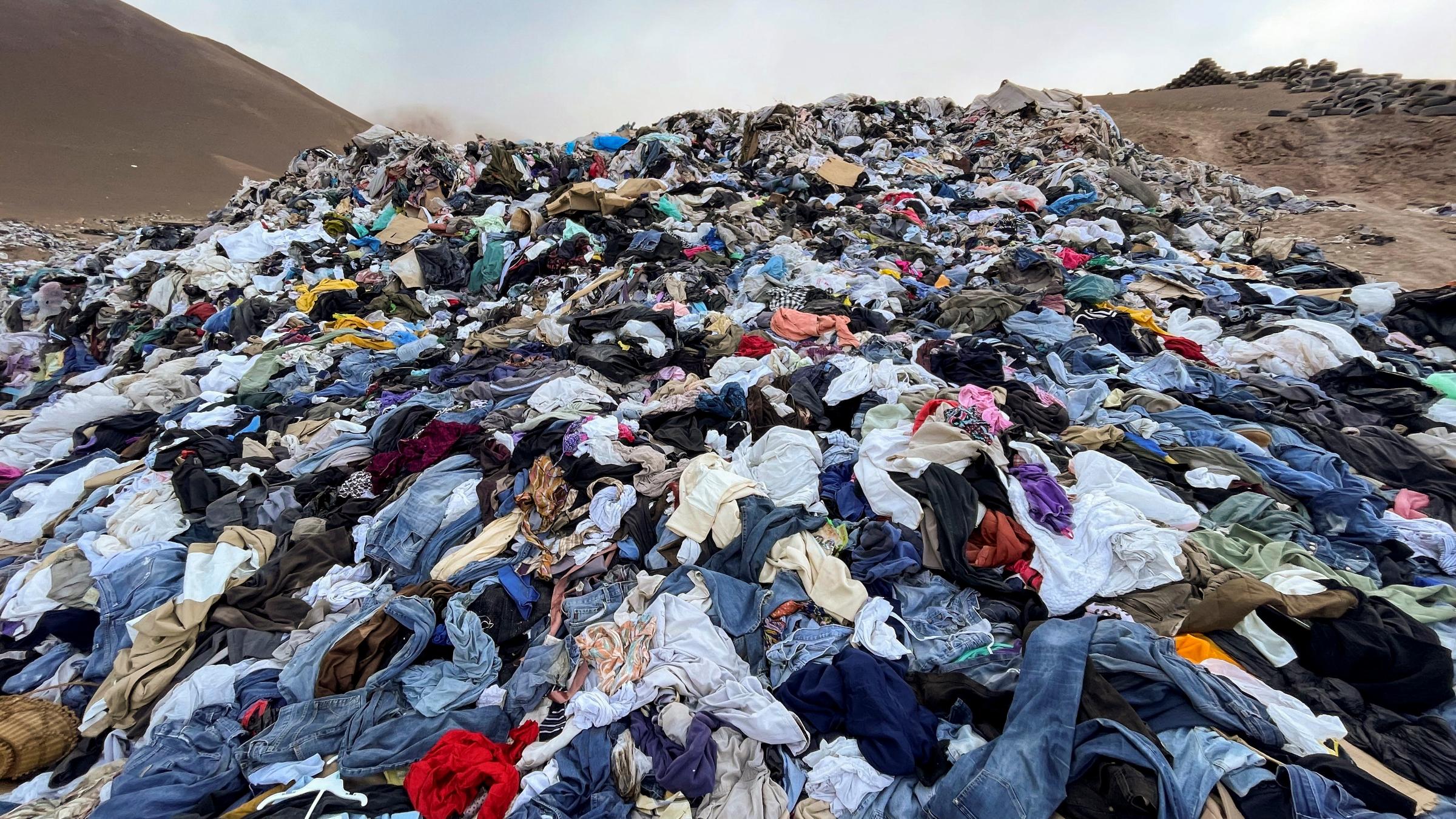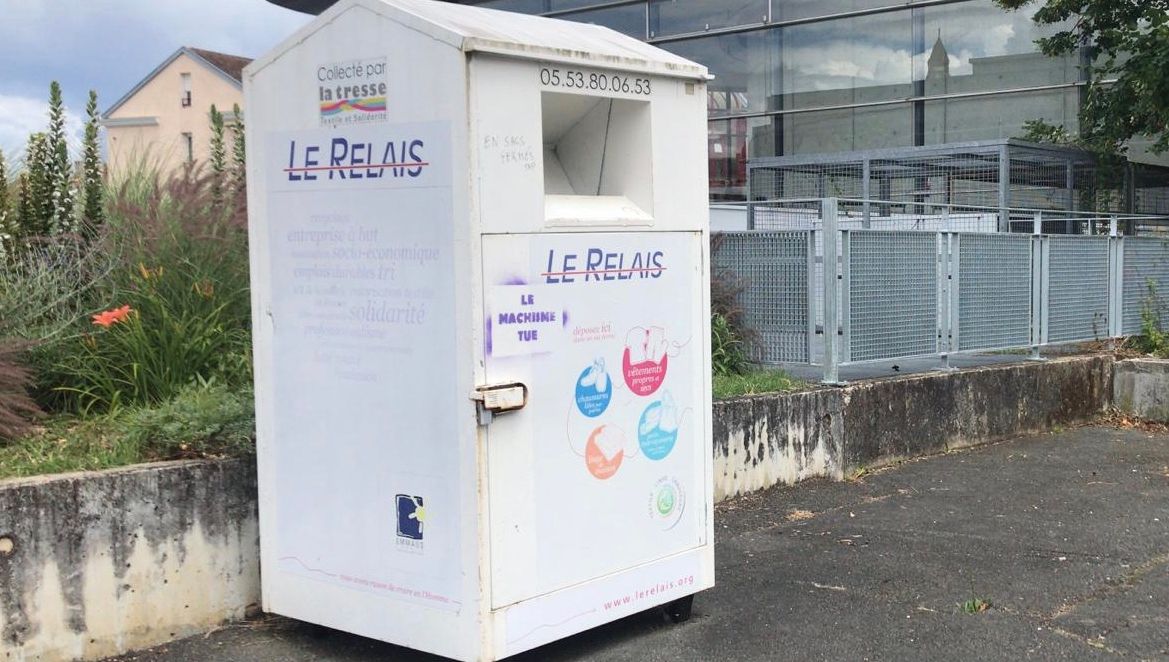Communication EPR Textile: Refashion goes on the offensive against ultra fast fashion

Refashion seeks an agency to support its mission
Refashion has just announced an agency competition to design and deploy its consumer communications. With a budget of 500,000 euros, the project aims to promote :
- The challenges of textile recycling ;
- The role of theEPR Scheme ;
- The need to transform purchasing practices.
The timing of this campaign is no coincidence. The rise ofultra-fast fashion, embodied by platforms such as Shein and Temu, is undermining the reuse and recycling economy, which is supported by the eco-contributions paid by retailers as part of their EPR obligations.
Le Relais interrupts its collections: a warning signal for the Scheme
Faced with funding deemed insufficient by the Refashion eco-organization, the Le Relais network, a historic social player in textile sorting, has announced the temporary suspension of its collections from July 15, 2025. This sudden halt is not just a signal, but a serious warning of the economic breakdown of the EPR model.
Le Relais, a long-standing player in textile recycling, is suspending its collections in several areas. Lacking sufficient outlets, viable business models and structural support for collections, the association is no longer able to maintain its activity in certain areas.
Today, the real cost of sorting is €304 per tonne, but Refashion pays out only €156, barely half the cost. A year after an initial increase (from €125 to €156/t), complaints remain unanswered. Le Relais warns that more than 3,000 jobs are at risk, a significant proportion of them in the social economy.
In response, the government has announced emergency aid to support the Scheme at €223/t in 2025, then €228/t in 2026, financed exclusively by Refashion's eco-contribution funds.

This conflict reveals a paradox: consumers pay, brands finance, but it's the operators in the field who break down for lack of a viable economic model. And if the EPR model were to run out of key players, all textile recycling ambitions would be compromised.
This withdrawal sounds like a tangible marker of the crisis facing the TLCEPR Scheme : no longer just weak signals, but actual closures, with immediate social and environmental consequences.
At a time when marketers have to justify the traceability and value of their volumes, the weakening of local players, particularly in the social economy, is compromising the credibility of the entire EPR chain. It is becoming urgent to rebuild an economically sustainable model, in which collection is no longer the weak link, but the pillar of circular transformation.
Every year, some 270,000 tonnes of textile waste are collected in France, and 60% of the sorted products are sold second-hand, 90% of them abroad, according to Refashion's 2023 report.
Ultra fast fashion, the big absentee at the EPR ?
Many players are now denouncing a double standard:
- On the one hand, installed brands are subject to strict requirements: EPR registration, eco-contributions, modulation, traceability.
- On the other hand, some international sellers take advantage of customs thresholds or regulatory vagueness to circumvent their obligations.
The result is an unbalanced system, where those who play the EPR compliance game also pay for those who don't.
Refashion wants to put eco-contribution back at the heart of the relationship between brands, consumers and public players.
Textile EPR : the challenge of compliance... but also of coherence
For textile brands operating in France, EPR compliance is no longer a mere formality:
- ADEME's inspections are on the increase;
- Getting ready for environmental labelling;
- Pressure from NGOs and consumers is mounting.
Refusing to submit to EPR means taking a regulatory, economic and reputational risk. Conversely, compliant brands can claim a clear position, aligned with environmental expectations and transparency values.
CompliancR : your compliance partner for fast fashion
At CompliancR, we support textile brands and e-tailers in their EPR TLC compliance. Our platform enables you to :
- Identify products subject to EPR, including complex catalogs;
- Calculate and modulate your eco-contributions automatically;
- Manage your multi-channel obligations (e-commerce site, marketplaces, points of sale) ;
- Justify your compliance at any time, to ADEME or your partners.
In an upturned textile sector, compliance is becoming a marker of seriousness.
CompliancR helps you take a stand: for traceability, sustainability... and against unbridled fast fashion.